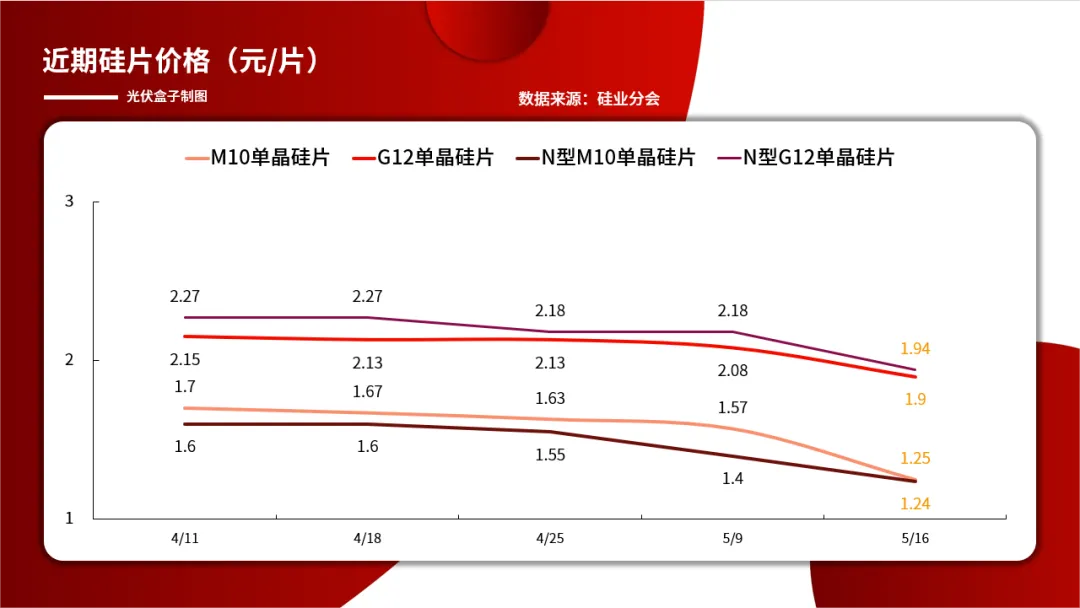Exploring Off-Grid Solutions for a 10 kW Power System Installation
Off-Grid 10 kW Power Systems A Sustainable Solution for Energy Independence
In an era marked by a growing awareness of environmental issues and the quest for energy independence, off-grid solar power systems have emerged as a viable solution for various applications. Among these systems, a 10 kW off-grid setup offers an excellent balance between capability and efficiency, making it ideal for residential homes, remote cabins, and small businesses. This article delves into the components, benefits, and considerations of off-grid 10 kW systems.
Understanding Off-Grid Power Systems
Off-grid power systems are independent electricity systems that provide power without being connected to the traditional utility grid. A standard off-grid solar setup typically includes solar panels, a charge controller, batteries, an inverter, and sometimes a backup generator. The 10 kW capacity is significant, as it can support a range of appliances and devices, ensuring energy needs are met sustainably.
Key Components of a 10 kW Off-Grid System
1. Solar Panels The backbone of any solar power system, solar panels convert sunlight into electricity. For a 10 kW system, around 30 to 40 solar panels rated between 300W to 350W each are typically required, depending on factors such as location and panel efficiency.
2. Charge Controller This component regulates the voltage and current coming from the solar panels to ensure the batteries are charged efficiently without overcharging. MPPT (Maximum Power Point Tracking) controllers are preferred for their efficiency and capability to maximize energy harvest.
3. Batteries In an off-grid system, batteries are essential for storing energy generated during sunny days for use during cloudy days or night-time. Lithium-ion batteries are popular for their longevity and efficiency, although lead-acid batteries are also used in some setups.
4. Inverter This device converts the direct current (DC) stored in batteries into alternating current (AC), which is the standard type of power used by most household appliances.
5. Backup Generator In some setups, a backup generator may be included for additional security against prolonged periods of low sunlight or high energy demand.
Benefits of a 10 kW Off-Grid Power System
1. Energy Independence By generating your own power, you can free yourself from fluctuating electricity prices and utility company dependencies. This autonomy is increasingly appealing, especially in areas prone to weather-related outages.
off grid 10 kw

2. Sustainability Off-grid systems reduce reliance on fossil fuels and decrease carbon footprints, contributing to a more sustainable and eco-friendly lifestyle. As the world shifts towards renewable energy, adopting such systems is a step toward combating climate change.
3. Cost Savings Though the initial investment can be substantial, long-term savings on energy bills can offset these costs. Furthermore, many countries offer incentives and tax breaks for solar installations, making them more financially attractive.
4. Remote Accessibility For those living in rural or remote areas where extending the grid is impractical or costly, a 10 kW off-grid system provides a reliable source of power, enhancing the quality of life and enabling modern conveniences.
Considerations When Installing an Off-Grid System
While the advantages of off-grid solar power systems are compelling, potential users should carefully consider several factors before installation
1. Site Assessment It's crucial to evaluate your site's solar potential. Factors such as shading from trees or buildings, the orientation of your roof, and local weather patterns will affect your system's efficiency.
2. Energy Needs Accurately assessing your energy consumption is vital. A detailed analysis of daily energy use will help determine whether a 10 kW system is appropriate or if adjustments are needed.
3. Regulations and Permits Local regulations regarding solar installations can vary significantly, so it’s essential to familiarize yourself with any requirements before proceeding with your project.
4. System Maintenance Regular maintenance of solar panels and batteries will ensure optimal performance and longevity. Understanding the requirements for upkeep and potential costs involved is crucial for long-term success.
Conclusion
A 10 kW off-grid power system presents an excellent opportunity for those seeking energy independence and a sustainable lifestyle. By investing in renewable energy, homeowners and businesses not only reduce their ecological footprint but also gain greater control over their energy consumption. As technology continues to advance and costs decrease, the appeal of off-grid solar systems will likely grow, paving the way for a more sustainable future.
-
String Solar Inverter: The High-Efficiency Solution for Smart Solar EnergyNewsJul.14,2025
-
Revolutionizing Rooftop Energy with the Power of the Micro Solar InverterNewsJul.14,2025
-
Power Independence with Smart Off Grid Solar Inverter SolutionsNewsJul.14,2025
-
On Grid Solar Inverter: Powering the Future with Smart Grid IntegrationNewsJul.14,2025
-
Monocrystalline Solar Panels: High-Efficiency Power for the Future of Clean EnergyNewsJul.14,2025
-
Bifacial Solar Panel: A Smarter Investment for Next-Generation Energy SystemsNewsJul.14,2025







